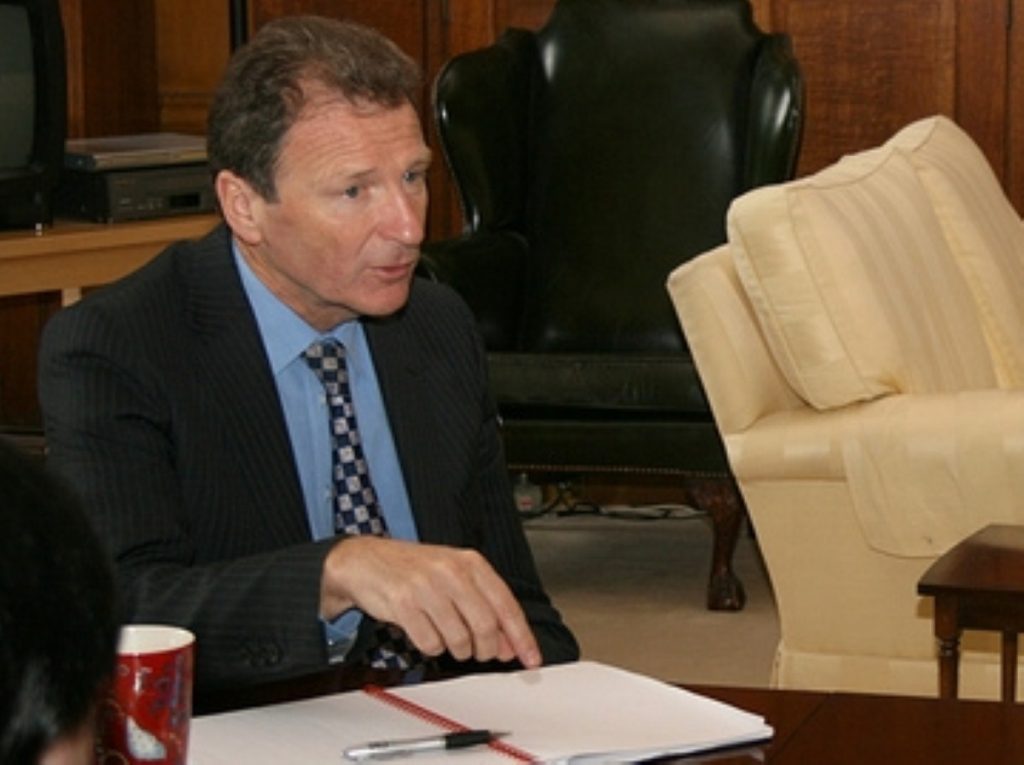Cabinet manual ‘not a threat to sovereignty’
The Cabinet manual does not undercut parliamentary sovereignty or pave the way to a written constitution, Sir Gus O’Donnell has said.
The Cabinet secretary told the Commons political and constitutional reform committee that the manual would not be legally binding, serving only as a guide that was not intended as the first step towards a written constitution.
“It is a document written by the executive for the executive,” Sir Gus maintained.


“This is a reference or guide for ministers and civil servants but also, by making it public, we want it to help in general education.”
“The Cabinet manual is bringing together existing rules and conventions, it’s not legally binding, and I don’t believe it’s a first step towards a written constitution.”
The cabinet manual was created to provide advice on parliamentary precedence on a range of subjects, including the powers of the prime minister, parliament and devolution processes.
It was commissioned by former prime minister Gordon Brown in 2009 to consolidate the “piecemeal conventions” that affect the way government operates.
One chapter, written before last year’s general election, explained precedents in the formation of a government if there was a hung parliament. This was used as guidance in the negotiations that led to the coalition.
But MPs raised fears that the manual could undercut the authority of parliament.
Labour MP Graham Allen, chair of the committee, urged the Cabinet secretary to think “long and hard” about the way the Cabinet manual interfaces with parliament.
“Some people are trying to paint the Cabinet manual as a sort of mini morris minor owner’s manual,” he said.
“Isn’t this something that parliament at least should have a discussion about because it has incredible significance?”
Mr Allen said parliament needed to be more involved in the contents of the manual.
“I think the executive frankly needs to sort out what its relationship is with parliament. Either you believe in parliamentary sovereignty or you let civil servants decide what goes in or out of the manual.
“It won’t be civil servants that decide – they’ll advise, but they won’t decide,” Sir Gus replied.
Conservative MP Andrew Griffiths questioned the accountability of the manual.
“Isn’t this the equivalent of Diego Maradona being the referee on hand balls decisions?” he queried,
“The person that needs to be policed is actually doing the policing.”
This week the Lords constitution committee said the manual should not be the basis for a constitution and had “limited value”.
Sir Gus said the complaints were simultaneously about the Cabinet manual doing too much and too little.
“It’s quite infuriating because I’m being attacked from two sides here; the lovely line from an old colleague of mine who is on that committee who said this is a bit Jan and John, and there are plenty of other people the other way who say actually the cabinet office are exceeding their initiative. This suggests to me we’re probably in about the right place.
“It’s a guide; no more, no less,” he added.









